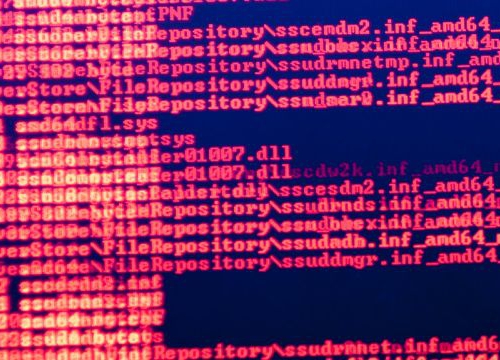Human Rights and Digital Technologies: New Insights
Event


Kjetil Korslien
Digital technologies continue to transform almost every facet of our lives: innovations are shaping our democracies through impacts on political participation and electoral processes; reshaping access to education; reframing employment and notions of the workplace; revolutionising healthcare; stimulating communities within civil society and galvanising greater activism; and fostering new opportunities for economic development.
Notwithstanding the many positive effects of such a transformation, the pace of change, rapid advancement and swift implementation of many new technologies have to date highlighted significant concerns as to whether the existing framework at the international level to protect and promote human rights is apt to confront the nascent challenges society must resolve.
This panel discussion, co-organized with the Geneva Internet Platform, the Swiss Federal Department of Foreign Affairs and the United Nations Special Procedures, aims at generating debate and drawing attention to current challenges in the digital sphere. It also seeks to foster interest in developing effective strategies and methodologies that may serve to address future issues stemming from digitisation and advancements in tech and determine how best we can oversee the implementation of digital technologies so that they continue to realise their best possible contribution to the full enjoyment of human rights.
Panelists will notably:
- Exchange views with regard to strengthening understanding amongst states, the tech industry, civil society and academia as to how innovations in digital technologies are reframing current conceptual approaches to human rights
- Identify opportunities for states, civil society and other relevant stakeholders to determine effective strategic approaches to facilitate preparation for the future impacts of emerging digital technologies
- Provide practical suggestions as to how to expand and accelerate more impactful research on the interaction of digital technologies with human rights, developing the existing discussions currently considering specific themes and technologies
- Identify and elaborate on the role of new tools and methodologies that could potentially assist in the assessment of the human rights impacts of digital technologies.
Moderator
- Stephanie Borg Psaila, Interim Director, Diplo Foundation and Geneva Internet Platform
Panelists
- Jonathan Andrew, Research Fellow at the Geneva Academy of International Humanitarian Law and Human Rights
- Yuval Shany, Vice-Chair, UN Human Rights Committee and Hersch Lauterpacht Chair in Public International Law, The Hebrew University of Jerusalem
- Clément Voule, UN Special Rapporteur on Rights to Freedom of Peaceful Assembly and of Association
- Dr Jovan Kurbalija, Executive Director, Secretariat of the UN High-Level Panel on Digital Cooperation
Outcome
A summary report on the discussions held and recommendations made during the panel discussion will be prepared.








